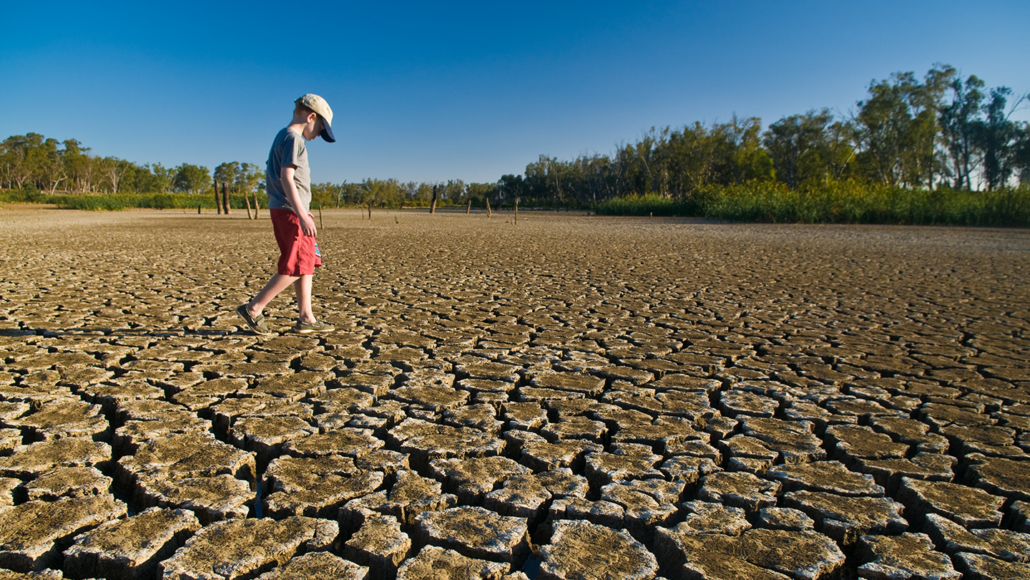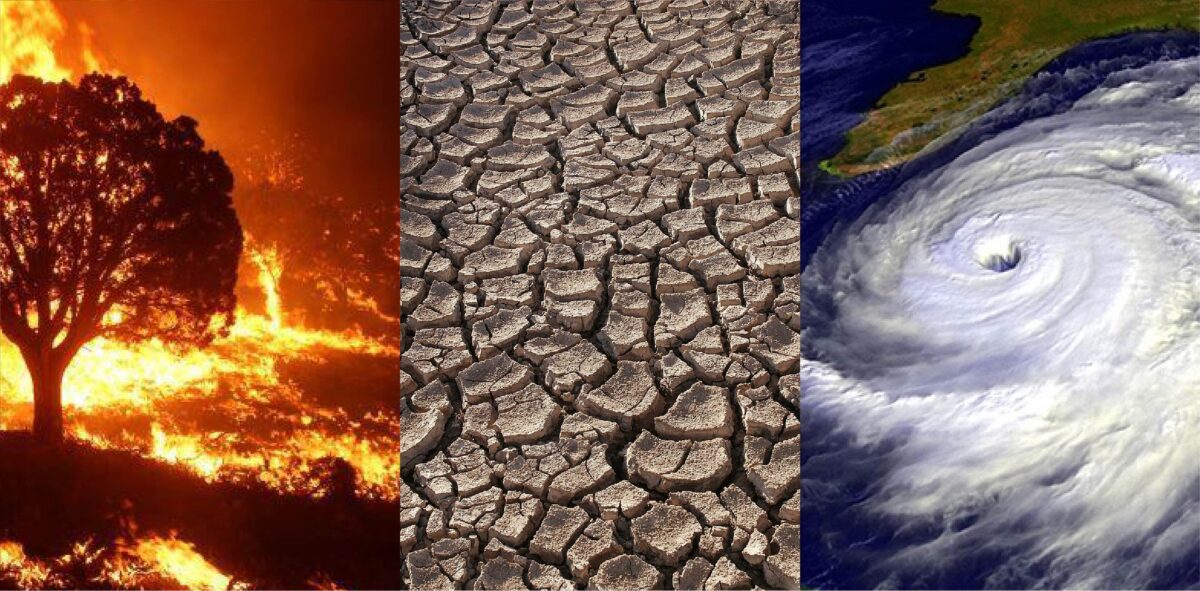January 2024 has etched its name in the annals of climate history, emerging as the hottest January on record globally, a stark indicator of the intensifying impact of climate change. The European Union’s Copernicus Climate Change Service (C3S) has sounded the alarm, revealing that the planet has surpassed the critical 1.5°C warming threshold for an unprecedented 12 consecutive months, underscoring the pressing need for immediate and decisive action to combat this escalating crisis.

According to the latest data from the C3S, the global average temperature for January 2024 soared to alarming heights, registering a staggering 1.6°C above pre-industrial levels. This not only clinches the title of the hottest January ever recorded but also extends a disquieting streak of eight consecutive months of record-breaking temperatures. Furthermore, the twelve-month period spanning from February 2023 to January 2024 has witnessed temperatures consistently exceeding the 1.5°C benchmark, a sobering reminder of the relentless march of climate change.
The relentless rise in temperatures is primarily attributed to the unabated emissions of greenhouse gases, serving as a clarion call for urgent and concerted efforts to curb emissions and mitigate the adverse impacts of climate change. Samantha Burgess, Deputy Director of C3S, has reiterated the imperative of rapid emissions reductions to avert further temperature escalation and mitigate the far-reaching consequences of climate change.
Despite the alarming surge in temperatures and the recent occurence of the hottest January in recorded history, the imperative of meeting the objectives of the 2015 Paris Agreement looms large. While the 1.5°C threshold has been surpassed in a 12-month period, the overarching goal of the Paris Agreement is to limit long-term global warming. Achieving this ambitious objective necessitates decisive action to slash CO2 emissions and implement sustainable practices to mitigate the adverse effects of climate change.
The ramifications of this unprecedented warming trend reverberate across the globe, with discernible variations in temperature and precipitation patterns. While regions such as southern Europe and western Africa grapple with above-average temperatures, parts of northern Europe and western Canada have experienced below-average temperatures. Similarly, while some areas contend with unusually wet conditions, others, including the Horn of Africa and parts of North America, face the specter of drought.
While marking the hottest January on record, the El Niño phenomenon exhibited signs of waning during the same period indicating some sign of relief.
The warming climate disrupts ecosystems and biodiversity. Many species struggle to adapt to rapidly changing conditions, leading to shifts in habitats, altered migration patterns, and increased extinction rates. Climate exacerbates health risks, including heat-related illnesses, respiratory problems from air pollution, and the spread of vector-borne diseases. Vulnerable populations, such as the elderly, children, and those living in poverty, are particularly at risk, amplifying existing social inequalities.

Nevertheless, as we witness global sea surface temperatures persisting at alarming heights, shattering previous records for the hottest January, the imperative of swift action to tackle climate change becomes increasingly urgent and undeniable.
As scientists issue warnings of the heightened probability of even hotter years ahead, the imperative of urgent action to confront climate change and safeguard the planet for future generations becomes increasingly evident. Governments, stakeholders, and individuals alike must respond diligently to this urgent summons, placing paramount importance on emissions reductions, embracing sustainable practices, and fostering robust international cooperation. Only through concerted efforts can we effectively navigate the turbulent waters of climate change and steer towards a future that is sustainable for all inhabitants of our planet.



